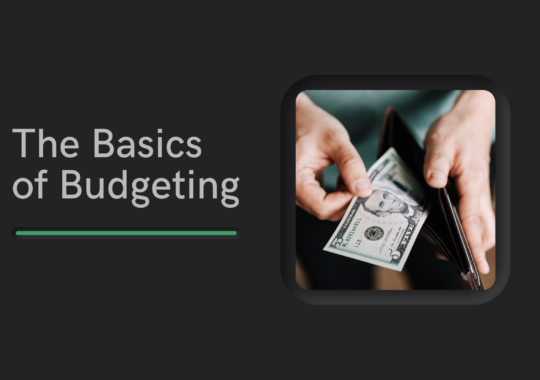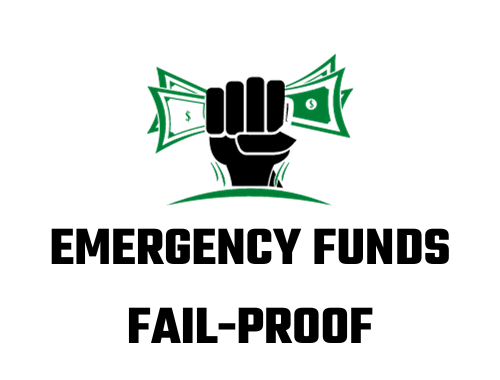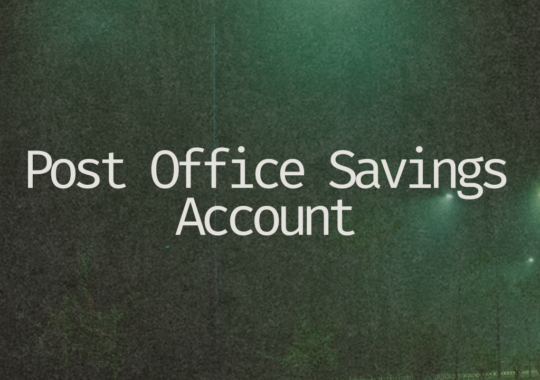Are you someone who’s starting to think about retirement savings? Or maybe you’re already familiar with terms like “401(k),” but you’re not quite sure what it means or how it works. Don’t worry, you’re not alone!

What is a 401(k)?
A 401(k) is a type of retirement savings plan that’s offered by employers to their employees. It’s named after a section of the U.S. tax code and is designed to help workers save for their retirement years. With a 401(k) plan, employees can contribute a portion of their pre-tax income to the plan, which is then invested in a range of investment options, such as mutual funds or exchange-traded funds (ETFs).
The contributions and investment earnings in a 401(k) plan grow tax-free until the employee withdraws the money, usually after reaching retirement age. In addition, many employers offer matching contributions, where they will match a portion of the employee’s contributions to the plan. While 401(k) plans offer many benefits, it’s important to understand the fees and investment options associated with your plan to make informed decisions about your retirement savings.
Also check out What is the 401(K) Plan? How to be vested in it?
But how exactly does it work, and what are the advantages and disadvantages of using a 401(k)? In this article, we’ll explore the ins and outs of 401(k)s and help you understand how you can use them to plan for your future. Whether you’re just starting out in your career or you’re getting close to retirement age, a 401(k) can be an important tool in your financial toolkit.
So let’s dive in and explore this popular retirement savings option together!
How does a 401(k) plan work?
- When you sign up for a 401(k) plan, you’ll be able to choose how much of your pre-tax income you want to contribute to the plan (up to a certain limit set by the IRS). This money will be deducted from your paycheck before taxes are taken out.
- The money you contribute to your 401(k) plan will then be invested in various types of assets, such as stocks, bonds, and mutual funds. You can choose how your money is invested based on the options provided by your employer’s plan.
- Over time, your contributions and any investment gains will hopefully grow, allowing you to accumulate a significant amount of savings for retirement.
What are the benefits of a 401(k) plan?
- One of the biggest benefits of a 401(k) plan is the tax advantages it offers. Because your contributions are made with pre-tax dollars, you’ll lower your taxable income and pay less in taxes each year. Additionally, any investment gains within the plan are not taxed until you withdraw the money (usually in retirement).
- Another advantage of 401(k) plans is that many employers offer matching contributions. This means that for every dollar you contribute, your employer will also contribute a certain amount (up to a certain limit). This can be a great way to boost your savings even further.
- 401(k) plans also offer a lot of flexibility. You can choose how much you want to contribute, how your money is invested, and when you want to start taking distributions in retirement.
What are the potential drawbacks of a 401(k) plan?
- One potential downside of a 401(k) plan is that there are limits to how much you can contribute each year. If you want to save more than the annual limit , you’ll need to look into other types of retirement savings accounts.
- Another potential downside of 401(k) plans is that they are subject to market volatility. If the investments within your plan don’t perform well, your savings could be impacted. However, it’s important to remember that investing always carries some degree of risk.
- Finally, 401(k) plans may have fees associated with them, such as administrative fees or fees for managing the investments within the plan. Be sure to review the fees associated with your plan and consider how they may impact your returns over time.
Also read:
- Exploring the Different Types of Retirement Plans and Their Significance in Financial Education
- How I improved my MONEY MAKING in one easy lesson
- How to Quickly and Efficiently Grow Your Team For Your Business
FAQs
How much can I contribute to a 401(k) plan?
The annual contribution limit for 401(k) plans is set by the IRS and may change each year. Employers may also set their own contribution limits.
When can I withdraw money from my 401(k) plan?
Withdrawals from a 401(k) plan are generally allowed penalty-free after age 59 1/2. However, there are some exceptions, such as hardship withdrawals for unexpected financial emergencies. Withdrawing money before age 59 1/2 may result in a penalty and taxes on the amount withdrawn.
What happens to my 401(k) plan if I leave my job?
If you leave your job, you have several options for your 401(k) plan. You can leave the money in the plan, roll it over into a new employer’s plan or an IRA, or withdraw the funds (although this may result in taxes and penalties). Your employer may also have specific rules regarding what happens to your 401(k) when you leave the company.
How much should I contribute to my 401(k) plan each year to achieve my retirement goals?
The amount you should contribute to your 401(k) plan each year depends on several factors, such as your current age, your retirement goals, and your current financial situation. A general rule of thumb is to save at least 10-15% of your income for retirement, but you may need to save more if you have a late start or more ambitious retirement goals.
What other retirement planning strategies should I consider in addition to a 401(k) plan?
In addition to a 401(k) plan, there are several other retirement planning strategies you can consider, such as opening an Individual Retirement Account (IRA), investing in a brokerage account, or purchasing a rental property. You can also consider working with a financial advisor to develop a comprehensive retirement plan that takes into account all of your financial goals and resources.
What happens to my 401(k) plan if I leave my job?
If you leave your job, you generally have several options for your 401(k) plan. You can leave the money in the plan, roll it over into a new employer’s plan or an IRA, or withdraw the funds (although this may result in taxes and penalties). Your employer may also have specific rules regarding what happens to your 401(k) when you leave the company.
How does contributing to a 401(k) plan reduce my taxes?
When you contribute to a 401(k) plan, your contributions are made on a pre-tax basis, meaning they are deducted from your gross income before taxes are taken out. This reduces your taxable income for the year, which can lower your tax bill. Additionally, the money you contribute to your 401(k) plan grows tax-free until you withdraw it in retirement, which can help you save even more money over time.
Conclusion
401(k) is a popular retirement savings plan that offers a lot of benefits for employees. By allowing you to contribute pre-tax income and invest it in a variety of assets, a 401(k) can help you build a significant nest egg for retirement. And with the added bonus of employer matching contributions and tax advantages, it’s no wonder that many people consider 401(k) plans to be a cornerstone of their retirement planning.
Of course, it’s important to remember that 401(k) plans are not without their potential drawbacks. Market volatility, contribution limits, and fees are all factors to consider when deciding whether a 401(k) is right for you. However, by doing your research and speaking with a financial advisor, you can make informed decisions about your retirement savings and maximize the benefits of a 401(k) plan.
At the end of the day, the key to making a 401(k) work for you is to start early and be consistent. By contributing a percentage of your income every paycheck and making smart investment choices, you can set yourself up for a comfortable retirement down the line. And who knows? With a well-funded 401(k) and a solid financial plan in place, you may even be able to retire earlier than you ever thought possible.
So if you’re thinking about signing up for a 401(k) plan, don’t hesitate – start exploring your options today and take the first step towards a brighter financial future.



